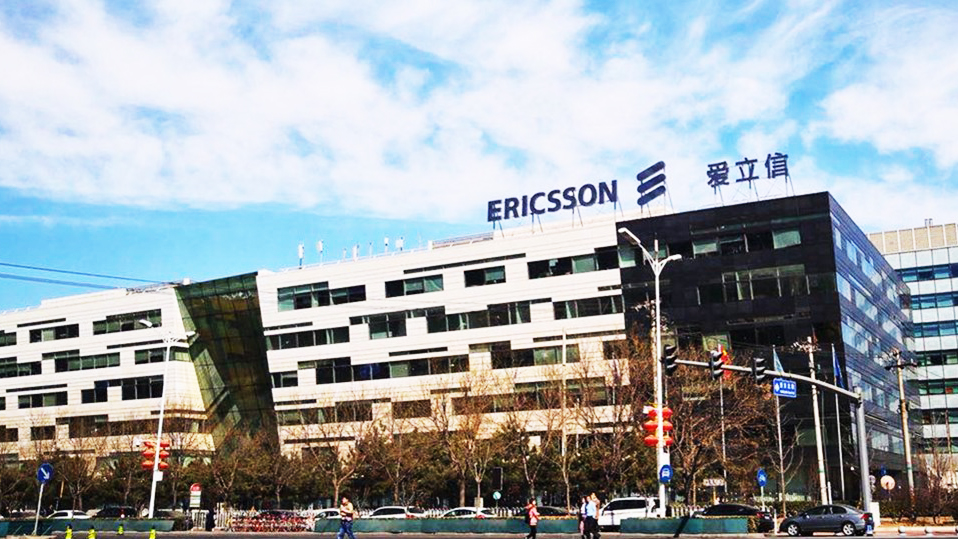Ericsson strengthens its 5G share in China, but market value takes a hit
Despite winning major contracts in China, Ericsson announces $108.5m asset write down.

Get up to speed with 5G, and discover the latest deals, news, and insight!
You are now subscribed
Your newsletter sign-up was successful
When China Mobile announced the results of its latest round of contract negotiations for the manufacture of 230,000 5G base stations in April, Ericsson won 11.5% of the contracts, whilst Nokia – which previously secured around 6% of business in China Mobile’s first phase of its 5G roll-out – got nothing.
Ericsson beat out Nokia for the percentage of the tender that went outside of China, with $4.6bn of an estimated $5.2bn going to Chinese companies, most notably Huawei (57%) and ZTE (29%).
And Ericsson has made much of this success, and in a statement released today it said that it had improved its position in China over the last 12 months.
“The strengthened market position is strategically important for Ericsson as this will generate scale advantages and strengthen Ericsson’s position in the world’s largest 5G market, which is expected to be an important driver of critical future requirements and new feature developments,” the release said.
SEK1bn write-down
“In addition, the second quarter will be impacted by a cost of around SEK1bn related to asset write-downs of pre-commercial product inventory for the Chinese market.”
Ericsson.
However, included in the Q1 2020 earnings report was the news that the initial gross margin of the 5G contracts in China is negative, due to high initial costs for product introduction. This has forced Ericsson into asset write-downs of SEK1bn ($108.5m). This news saw Ericsson’s share price drop from SEK88.40 to SEK86.16 when markets opened today.
“In the Q1 2020 earnings report we communicated that an increasing share of strategic contracts was expected to weigh negatively on profitability in the second quarter 2020 primarily driven by temporary negative gross margin in China,” the release said. “In addition, the second quarter will be impacted by a cost of around SEK1bn related to asset write-downs of pre-commercial product inventory for the Chinese market.”
Despite the asset write-down, though, Ericsson says that its Chinese business is “expected to contribute positively to gross and operating income from the second half of 2020”, which is in line with Ericsson’s business plan, and will be profitable over time.
Get up to speed with 5G, and discover the latest deals, news, and insight!
However, as governments around the world look to disaggregate their 5G networks, so they can move away from a reliance on single vendors such as Huawei, it’s unlikely that Chinese contracts will continue to be awarded to western companies if the majority of western companies freeze Huawei out of the picture.
- Discover the best 5G networks in the UK and US
- Get your hands on the hottest 5G phones
- Millimeter wave: the secret sauce behind 5G
- The complete guide to 5G security
- We reveal the latest 5G use cases
- Discover the truth behind 5G dangers
- 5G towers: everything you need to know
Dan is a British journalist with 20 years of experience in the design and tech sectors, producing content for the likes of Microsoft, Adobe, Dell and The Sunday Times. In 2012 he helped launch the world's number one design blog, Creative Bloq. Dan is now editor-in-chief at 5Gradar, where he oversees news, insight and reviews, providing an invaluable resource for anyone looking to stay up-to-date with the key issues facing 5G.

